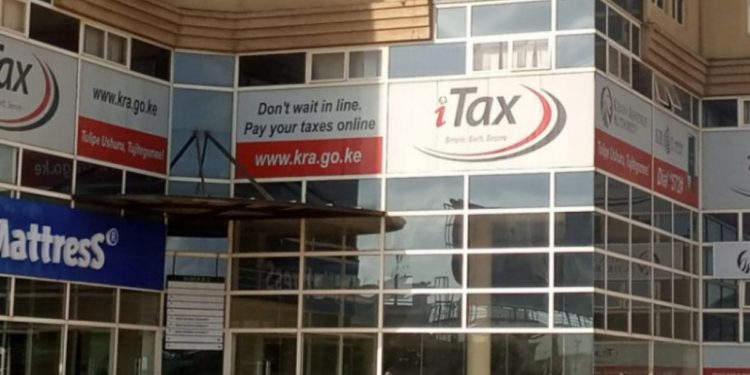Kenya’s Auditor-General has uncovered significant weaknesses in the Kenya Revenue Authority’s (KRA) e-recruitment system, raising concerns about the integrity of the agency’s hiring process. The audit report reveals multiple anomalies in the recent recruitment of Revenue Service Assistants (RSAs), including the processing of unqualified applicants and data discrepancies.
In a comprehensive review of KRA’s recruitment drive for 1,500 RSAs, the Auditor-General’s report highlights several critical issues that call into question the effectiveness of the authority’s internal controls and the reliability of its e-recruitment platform.
The audit found that 69 applicants with grades below the minimum requirement of D+ participated in the first aptitude test, while 30 such applicants progressed to the second test. This discovery “casts doubts on whether submitted applications were screened before inviting the candidates to participate in the aptitude tests,” the report states.
Data analysis revealed significant discrepancies in the application process. The raw data list showed 127,117 applicants, but further scrutiny uncovered 3,592 duplicated unique records. “The correct number of applicants was therefore, one hundred and twenty-three thousand, five hundred and twenty-five (123,525) applicants,” the report clarifies, pointing to a substantial overstatement in the initial figures.
The audit also exposed flaws in the system’s data validation capabilities. According to the report, “The system allowed candidates with incomplete input data to successfully submit their applications.” Instances were noted where identity numbers contained characters instead of numerical digits, were entirely omitted, or were shared among multiple applicants.
Age verification, a key criterion in the selection process, was another area of concern. The audit revealed that 5,577 applicants did not indicate their date of birth. Despite this omission, these applicants “were not disqualified but were irregularly allowed to progress to the next level of application and selection process,” the report states.
Beyond the recruitment issues, the Auditor-General’s report also shed light on other significant challenges facing KRA. The authority’s financial position shows a negative working capital of KES 7,532,954,000, with current liabilities exceeding current assets. This financial strain is attributed to non-disbursement of funds by The National Treasury, raising questions about the authority’s ability to sustain its operations and meet its obligations.
The report also highlighted ongoing issues with the Excise Goods Management System (EGMS). As of June 30, 2023, KRA owed KES 4,793,736,000 to a supplier of excise stamps. The accumulation of this debt is attributed to a “disproportionate pricing model for non-alcoholic beverages, which were priced below the cost of stamps, the depreciation of the Kenya shilling against the Euro, and the disproportionate volume mix between non-alcoholic and alcoholic beverages.”
Additionally, the audit revealed concerns about KRA’s land ownership. Seven parcels of leasehold land with a net book value of KES 270,828,846 lack proper ownership documents, despite being at various stages of registration with the National Land Commission and the Ministry of Lands and Physical Planning.
The Auditor-General’s findings raise serious questions about the reliability of KRA’s e-recruitment system and its ability to effectively screen and process applications. These issues could potentially compromise the fairness and transparency of the recruitment process, as well as the quality of candidates selected for positions within the revenue authority.
In response to these findings, the KRA management has committed to strengthening the control features in the SAP E-recruitment module. However, the Auditor-General notes that “reliability of data in the current module may be misleading due to the inaccuracies cited.”
The report concludes that “the security controls embedded in the E-recruitment system are weak and information obtained cannot be fully relied upon in its entirety.” This assessment underscores the urgent need for KRA to address these systemic weaknesses to ensure the integrity of future recruitment processes.


















